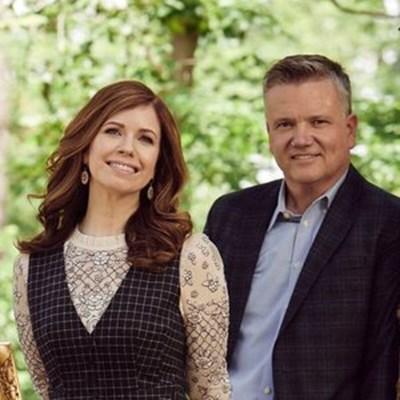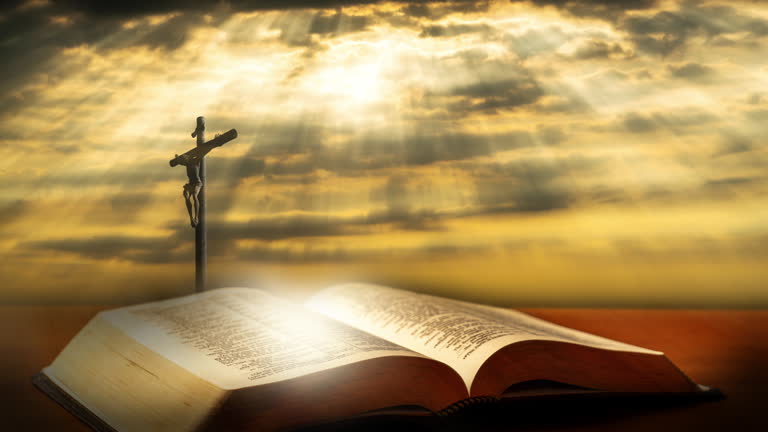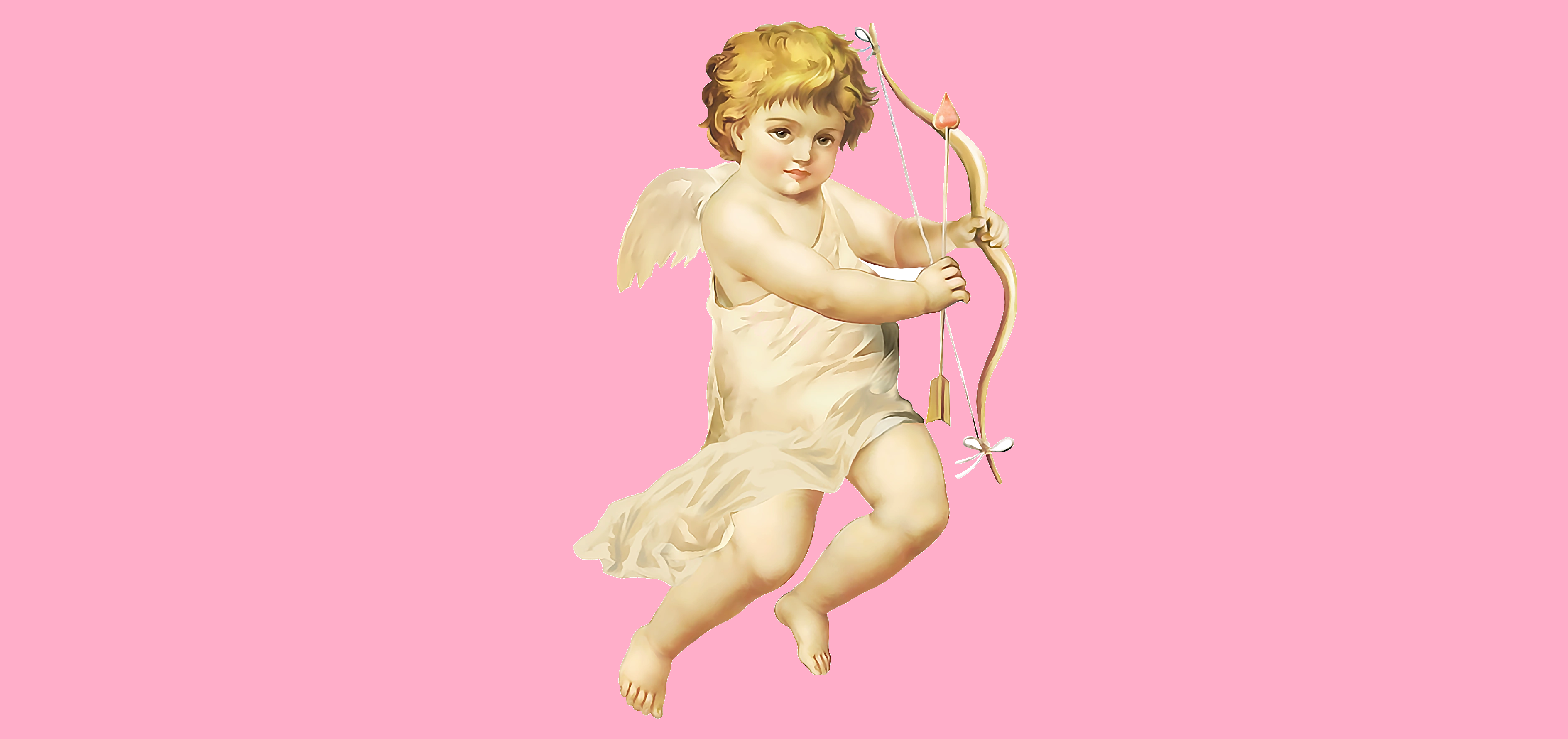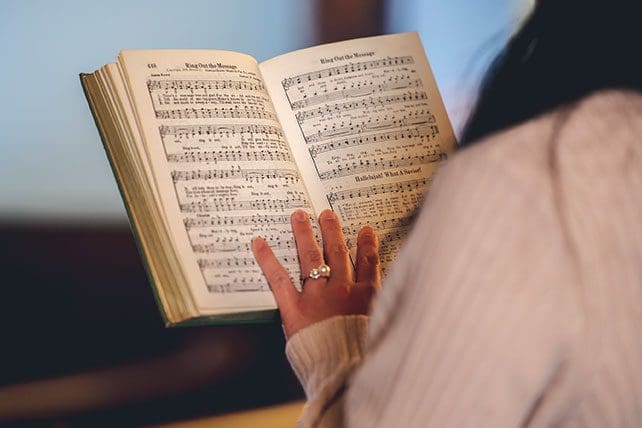Lead, Kindly Light
Lyrics
O lead me on!
The night is dark, and I am far from home;
O lead me on!
Keep firm my feet; I do not ask to see
The distant scene, one step enough for me.
Should lead me on.
I loved to choose and see my path, but now,
Please lead me on!
I loved the garish day, and spite of fears,
Pride ruled my will; remember not past years.
Will lead me on,
O'er moor and fen, o'er crag and torrent, till
The night is gone,
And with the morn those angel faces smile,
Which I have loved long since, and lost awhile.
Bible Reference
Psalm 32:8
About This Hymn
John Henry Newman (1801-1890) emerged as one of England's most influential religious figures of the 19th century, much as the Wesleys had shaped the previous century. Born in London on February 21, 1801 to a banker father, Newman experienced a conversion at age fifteen that ignited his lifelong passion for theological study. After graduating from Oxford at nineteen, he was ordained in the Anglican Church four years later, quickly gaining renown for his eloquent preaching and magnetic personality.
Newman's spiritual journey took dramatic turns. Initially an evangelical who vehemently opposed Roman Catholicism - even viewing the Pope as the Antichrist - he gradually moved toward High Church Anglicanism. This shift reflected his growing conviction that true spirituality required formal liturgical expression rather than the emotional evangelicalism of the Wesleys.
At thirty-two, exhausted from ministry and spiritual turmoil, Newman traveled to Italy in 1833 to recuperate. After contracting Sicilian fever, he desperately sought passage back to England, finally boarding an orange transport ship bound for France. The voyage became a crucible of suffering - the ship lay becalmed for days in heavy fog near Corsica, mirroring Newman's spiritual desolation. On June 16, in this state of physical and spiritual crisis, he penned "The Pillar of the Cloud" (later known as "Lead, Kindly Light"), drawing inspiration from Exodus 13:21-22's account of God guiding Israel by cloud and fire.
The hymn's three stanzas trace Newman's spiritual struggle: the first depicts his disorientation ("The night is dark, and I am far from home"); the second confesses his past self-reliance ("I loved to choose and see my path"); the mysterious closing reference to "angel faces" has been variously interpreted as departed loved ones, youthful visions, or simply the hope of familiar faces in England.
Returning home, Newman spearheaded the Oxford Movement, seeking to revitalize Anglicanism through emphasis on apostolic succession and sacramental grace. Twelve years after writing his famous hymn, he shocked England by converting to Roman Catholicism in 1845. His brilliance earned him a cardinal's hat in 1879, and he spent his final years directing a Catholic educational complex in Birmingham until his death at eighty-nine.
Though Newman's legacy includes significant theological works, he remains best remembered for this single hymn born from personal crisis. In 1867, John B. Dykes composed the tender tune "Lux Benigna" specifically for these words, creating one of hymnody's most perfect marriages of text and music. The hymn endures as a profound expression of trust in divine guidance through life's darkest hours.
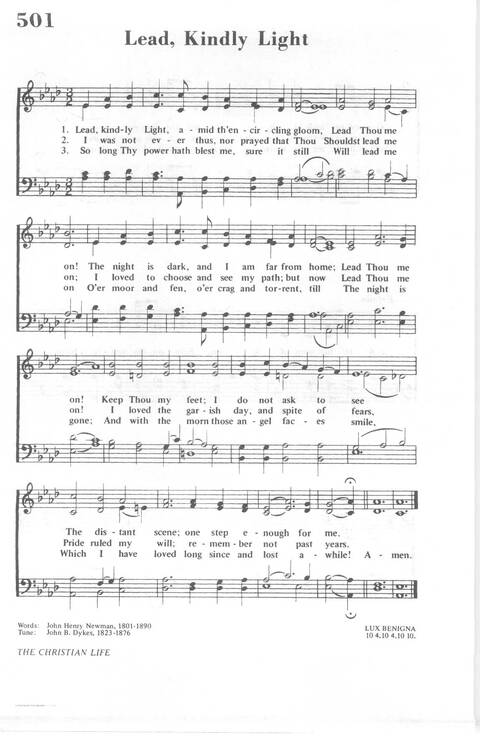

📬 Subscribe to Our Devotional Updates
Receive weekly hymns, devotionals, and website features directly in your inbox.
Hymn Information

- Category: Hymn
- Author/Writer: John Henry Newman (1833)
- Added: June 30, 2025
- Last Updated: June 30, 2025
- Views: 1477
To view the author's biography, click their name above.
MIDI File
Popular Hymns
Recent Blog Posts
Popular Blog Posts
Visit Us on Social Media
Latest from X (Twitter)
Tweets by HymnalLibraryLatest from Facebook
Latest on YouTube
Daily Bible Verse
Disclaimer
The hymns, sheet music, MIDI files, and related content on this website are provided for educational and research purposes only.
- Public Domain: Many of the hymns featured here are in the public domain and may be freely used.
- Copyrighted Works: Some hymns may still be under copyright protection. Where applicable, permission has either been requested from the copyright owner, or the content is shared under the principles of fair use for educational purposes.
⚠️ Important Notice: If you wish to reproduce, distribute, or use any copyrighted hymn beyond personal study or educational use, you must obtain permission directly from the copyright holder. This website does not grant any rights for commercial use yet.
If there is any other question please address it to us in our Contact Page, for further assistance. Thank you for using the site. May God Bless You.


